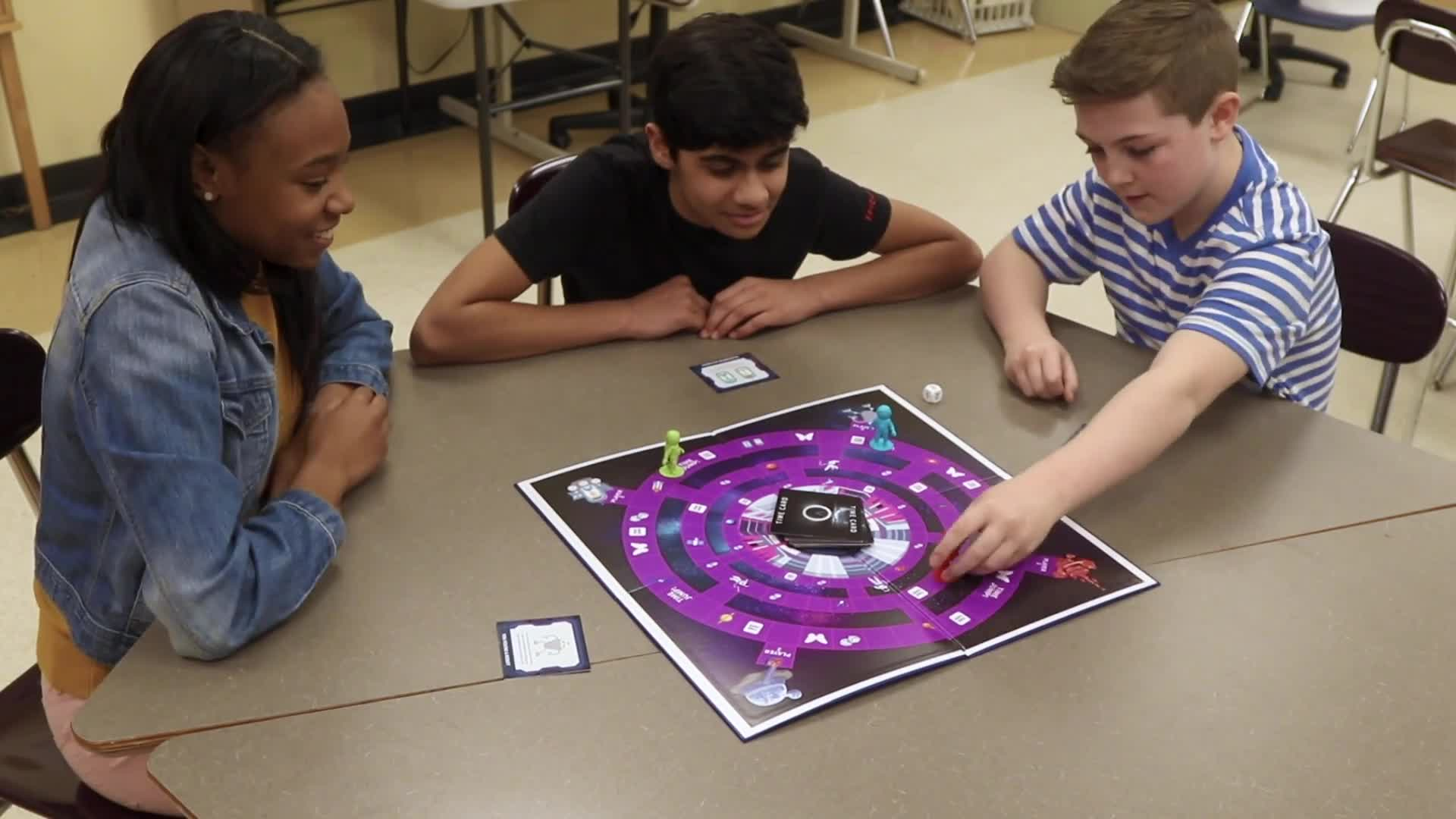
Introduction
Special education plays a significant role in fostering essential life skills in young learners. One such skill, good sportsmanship, is crucial for students’ social interactions and overall wellbeing. This blog post discusses the importance of good sportsmanship, the role of specialists, and effective IEP goals to develop this skill.
Understanding Good Sportsmanship
Good sportsmanship is the ability to maintain a positive attitude and demonstrate respect towards others during games and activities. It involves being a gracious winner and loser, emphasizing the enjoyment of the game over competition. Good sportsmanship has a profound impact on students’ learning, social interactions, and wellbeing, as it fosters cooperation, empathy, and fair play.
The Role of Specialists
Various specialists can support the development of good sportsmanship in students:
- Speech-Language Pathologists: They can help students improve their communication skills, allowing them to express themselves clearly and respectfully during games.
- Social Workers: They can assist in creating a supportive environment that promotes good sportsmanship and facilitates healthy social interactions.
- Psychologists: They can help students understand the importance of good sportsmanship and develop strategies to cope with emotions related to winning and losing.
- School Counselors: They can provide guidance and resources for educators and parents to encourage the development of good sportsmanship in students.
IEP Goals for Good Sportsmanship
Here are some SMART IEP goals to improve good sportsmanship in PreK students:
- Goal 1: The student will demonstrate good sportsmanship during games by not bragging or complaining, in 4 out of 5 opportunities, as observed by the teacher.
- Strategies/Activities: Role-playing, social stories, and practicing positive phrases.
- Goal 2: The student will participate in cooperative games, following rules and taking turns, in 4 out of 5 opportunities, as observed by the teacher.
- Strategies/Activities: Group games, turn-taking activities, and visual supports for game rules.
- Goal 3: The student will offer help and encouragement to peers during games, in 4 out of 5 opportunities, as observed by the teacher.
- Strategies/Activities: Modeling, peer mentoring, and reinforcement of positive behaviors.
Implementing and Measuring Progress
To effectively implement these IEP goals:
- Collaborate with specialists to develop tailored strategies and activities.
- Consistently reinforce and model good sportsmanship behaviors.
- Monitor progress through observation, data collection, and feedback from the student and peers.
Conclusion
Developing good sportsmanship in PreK students is essential for their social and emotional growth. By implementing effective IEP goals and collaborating with specialists, educators can foster this vital skill in young learners. We encourage you to apply these IEP goals and explore more resources at Everyday Speech Sample Materials.







